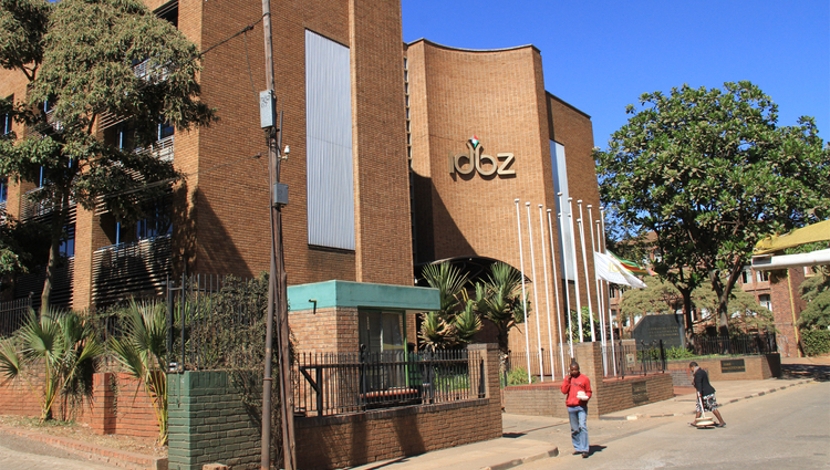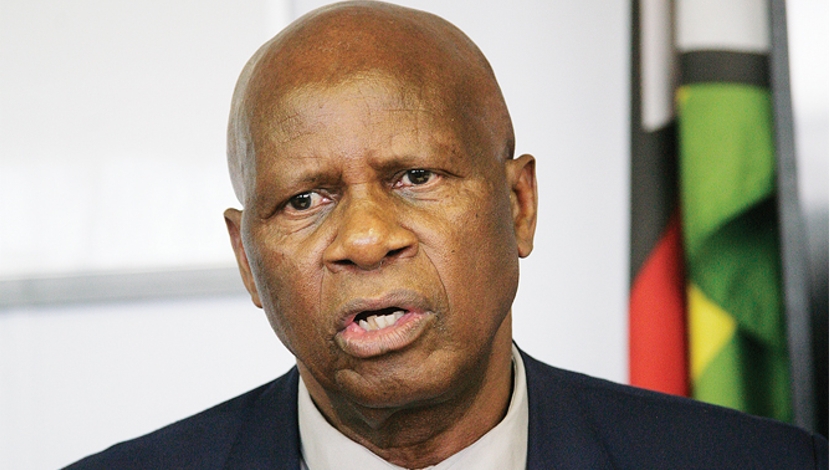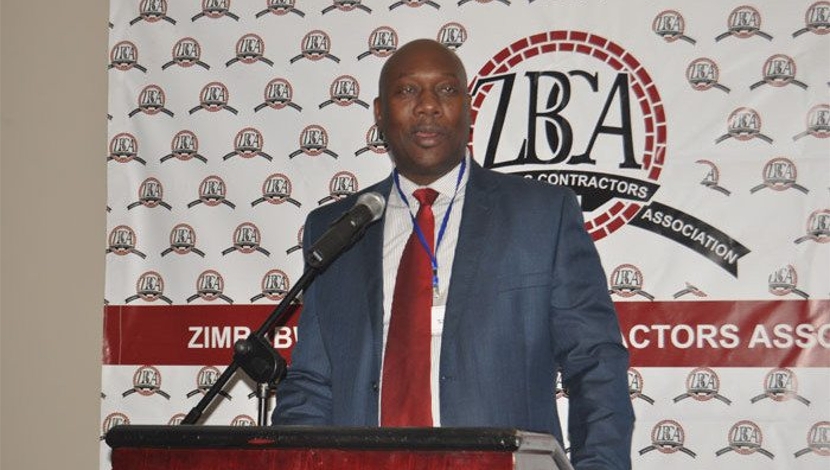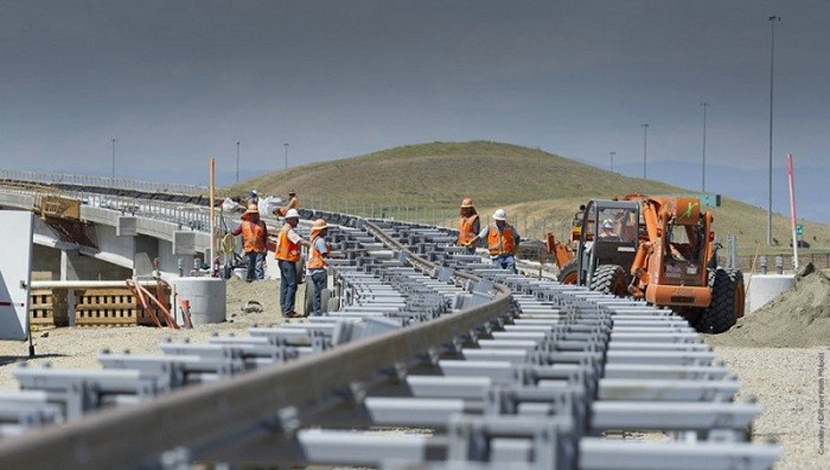

The Infrastructure Development Bank of Zimbabwe (IDBZ) is floating infrastructure bonds worth $27 million to finance the Kariba and Sumbeni housing developments. The bonds have a coupon rate of 8,5% per annum for the first two years and 9,5% per annum for the remaining three years to maturity. IDBZ has indicated the bonds have a grace period of 12 months to allow for servicing of stands and interest accrued during the grace period will be paid to bond holders in line with the interest payment terms.
For the Sumbeni housing project, IDBZ has floated a $12,2 million infrastructure bond. The bank has already raised and allotted $1 million through private placement of the bonds, which means the offer will raise $11,2 million. “The proceeds of the bond issue will be used to finance development of 370 fully serviced residential stands in Mt Pleasant, Harare, and extend a Markaram Investment to buy out existing shareholders who have opted out of the project implementation arrangement,” said IDBZ.
The money will also be used to finance acquisition of 15 hectares of land from Markaram. For the Kariba project, the bank has floated a $14 million bond of which $8,8 million has already been raised through private placement. IDBZ intends to develop 1 560 stands for the high, medium density and low density markets in Batonga, Baobab Ridge and Kasese residential areas.
According to the banks’ half-year financial results to June 2017, part of the Kariba housing development projects is earmarked for the relocation of 391 families at Mahombekombe who have been residing under a high voltage power line transmitting electricity from the Kariba South power station. In line with its mandate of enhancing infrastructure financing, IDBZ has lined up a number of infrastructure projects for residential, commercial and industrial purposes.
IDBZ has similar projects in Hwange where it seeks to develop 2 135 high density stands, which will be for off-take through various corporate and employer-based housing schemes. The housing projects are also in line with the country’s economic blueprint, Zim-Asset, which seeks to address the country’s housing deficit of around 1,5 million.





